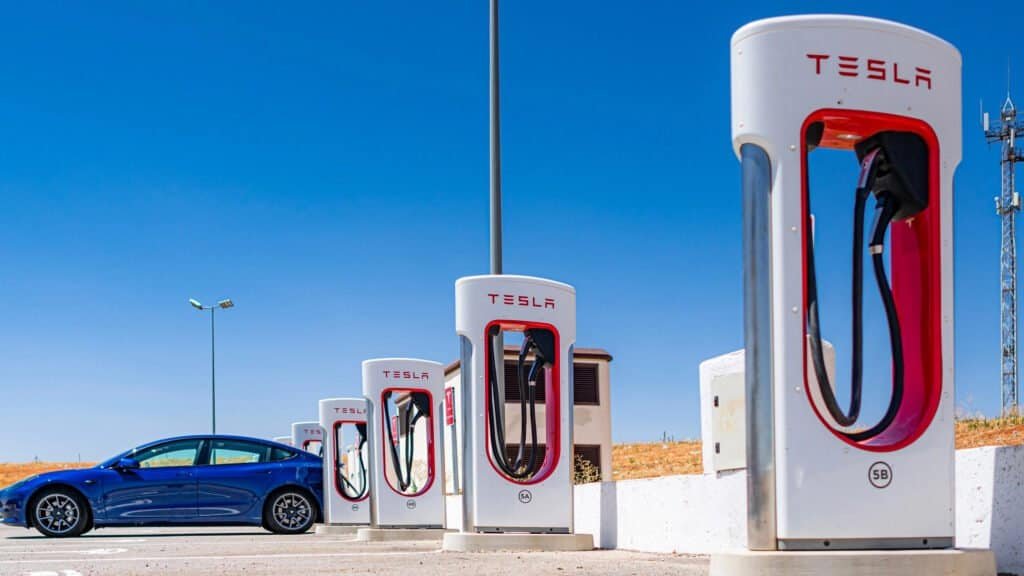In response to automakers already operating in India voicing concerns that the new EV policy favoring new entrants like Tesla, the union government clarified on Friday that it would permit current automakers to commit to greenfield investments under the new policy.
The Ministry of Heavy Industries (MHI) is now finalizing the guidelines, which will include the details, the official stated. The second round of consultations to implement the rules is scheduled to begin shortly. Tesla representatives participated in the process for the first time during the first round of consultations.
The government intends to permit greenfield investments under the EV policy from all businesses, including current automakers. The official announced the beginning of the second round of industry discussions. A month after Tesla CEO Elon Musk postponed plans to visit India to meet Prime Minister Narendra Modi, but was spotted in China barely a week later advocating for the approval of full self-driving (FSD) cars, the clarification addressing the level playing field concerns raised by several auto companies was made.
Concerns about fairness arose when New Delhi, in response to initial opposition, provisionally loosened the tariff requirements for electric vehicles under the new policy. Under the scheme, automakers who establish facilities in India with a minimum investment of Rs 4,150 crore are permitted to import completely built-up (CBU) cars for a 15% import charge, as opposed to a 100% import duty previously.
According to an official quoted by PTI, Tesla is “silent” and has not yet informed the government of its plans for India in accordance with the new EV legislation. This occurs in the midst of speculation that Musk would reveal Tesla’s intentions to establish a manufacturing facility in India with a $2 billion upfront investment.

During his journey to China, Musk achieved a significant milestone that provided a much-needed boost to the company’s shares. After meeting with top government officials, Musk was able to get approval for the introduction of Full Self-Driving (FSD) in China, removing significant administrative obstacles in Beijing. It has previously been reported that in June of last year, the Center rejected a bid from China-based BYD to construct a $1 billion electric vehicle plant in collaboration with Hyderabad-based Megha Engineering and Infrastructures Ltd. The proposal was rejected in accordance with India’s overarching policy of limiting Chinese investments in strategic Indian sectors.
Details of the new EV policy
According to the new EV policy, EV passenger cars (e-4W) with a minimum CIF value of $35,000 can be imported at a tariff rate of 15% for a period of five years starting on the day the Ministry of Heavy Industries (MHI) issues the permission letter. Nonetheless, there is a cap of 8,000 e-4W per year that can be imported at a lower tariff rate. The policy stated that unused annual import quotas could be carried over.
Presently, India holds the third position in the global automotive market and is seeing rapid growth. The automobile industry currently has a market value of Rs 12.5 lakh crore, and by 2030, it is predicted to reach Rs 24.9 lakh crore. Over 7.1% of the GDP of the nation is generated by the automotive industry.